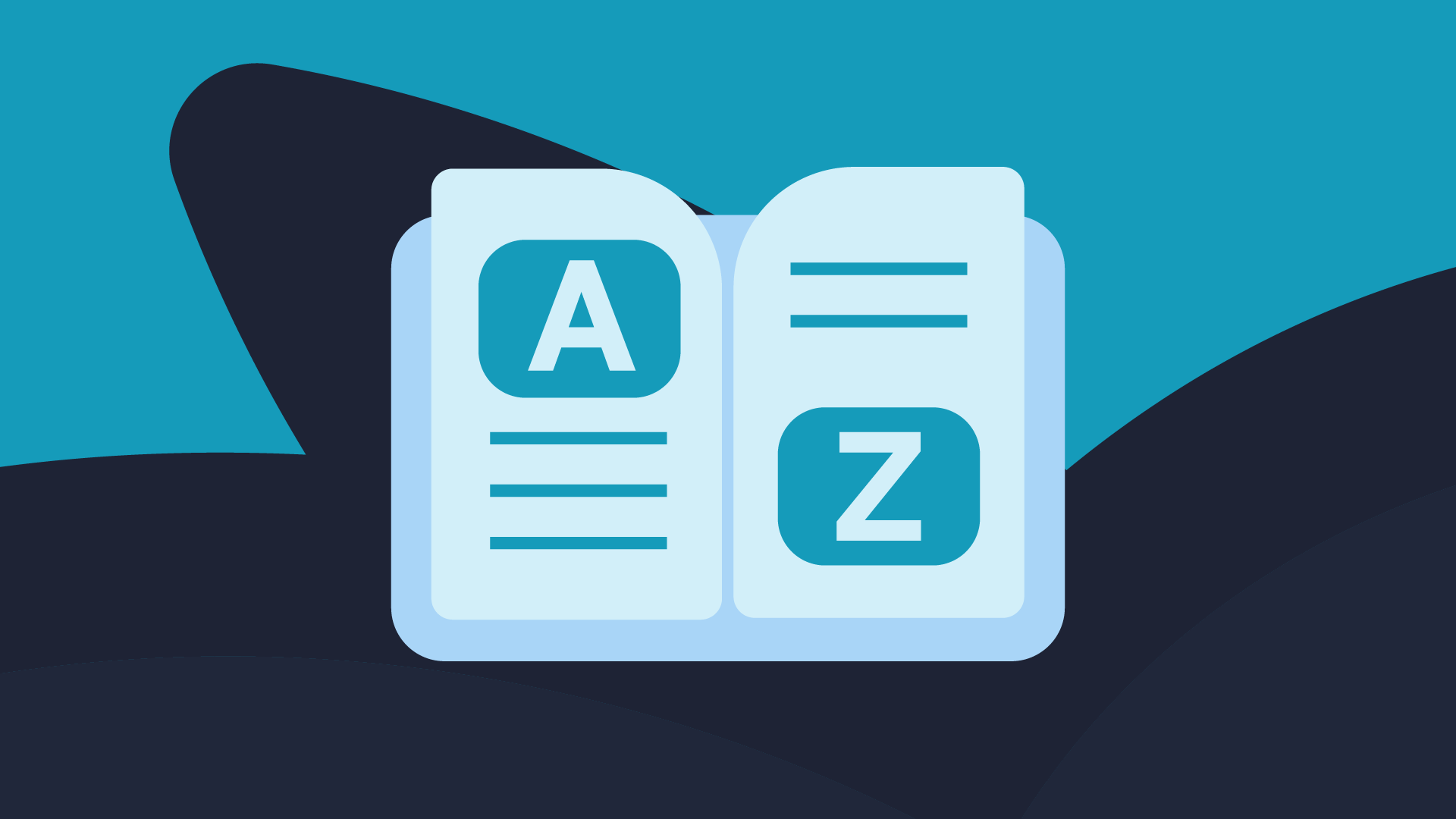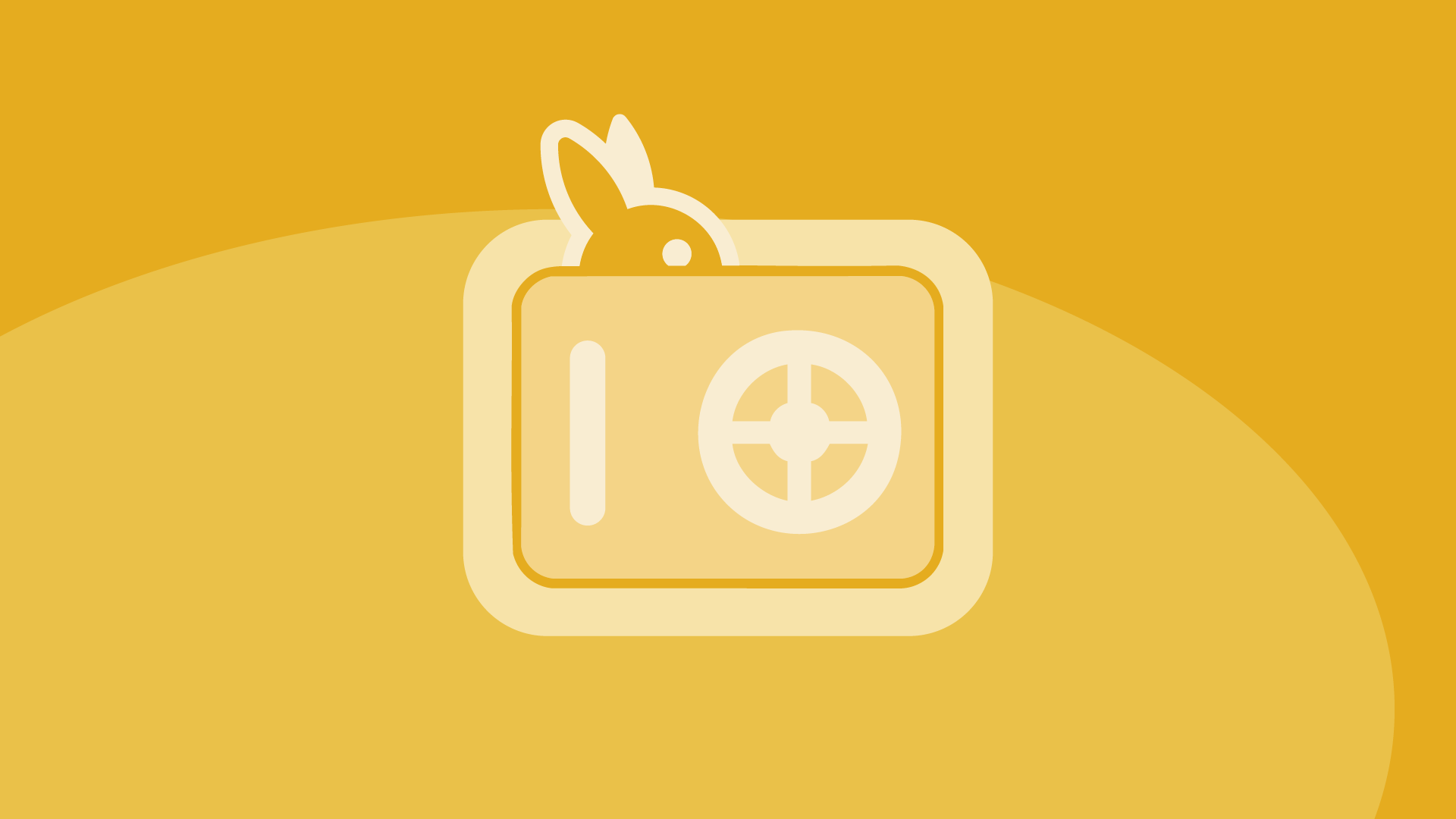Jumping into Web3 can feel like learning a new language. Everyone is throwing around terms like "DeFi," "dApp," and "HODL," and it's easy to feel lost.
Don't worry. We've got you.
Think of this as your cheat sheet for the most common terms you'll hear. We've grouped them by concept to make them easier to learn.
1. The Lingo and Culture
These are the common slang and cultural terms you'll see in the community.
Altcoin
This one's simple: "Altcoin" just means "alternative coin." It's any cryptocurrency that isn't Bitcoin. Ethereum, XRP, and Solana are all altcoins.
HODL
Originally a famous typo for "hold" on a crypto forum, "HODL" (Hold On for Dear Life) has become a core part of crypto culture. It means holding onto your assets for the long term, even when the market is volatile, rather than trying to time it.
Airdrop
This is a marketing strategy where a project gives away free tokens, often to build a community or reward early users. While some airdrops are legitimate, be extremely skeptical. Many are scams designed to get you to connect your wallet.
2. The Big Ideas
These terms describe the core technology that makes Web3 work.
dApp (Decentralized Application)
This is just a decentralized app. Think of it like any app on your phone, but instead of running on a single company's server (like Google's or Apple's), it's built on a blockchain and run by a distributed network.
DeFi (Decentralized Finance)
This refers to all the banking functions (like lending, borrowing, and trading) built on the blockchain. The key difference is that DeFi apps operate without a central middleman, like a bank or brokerage.
Smart Contract
A smart contract is the engine behind dApps and DeFi. It's a piece of self-executing code that lives on the blockchain. It automatically runs and enforces the rules of an agreement, for example: "IF this person pays 10 tokens, THEN automatically send them that NFT."
3. Your Wallet and How It Works
These are the most important terms for using your wallet.
Hot Wallet
A hot wallet is any crypto wallet that's connected to the internet, like a mobile app or a browser extension. Joey Wallet is a hot wallet. They are convenient for daily use, like sending funds, swapping tokens, and using dApps.
Cold Wallet
A cold wallet (or cold storage) is the opposite. It's a wallet that stores your private keys completely offline, usually on a small USB-like hardware device. This makes it very secure against online hacks, but not convenient for everyday transactions. Most people use a hot wallet for daily use and a cold wallet for their long-term savings.
Private Key
This is the single most important term. It's your secret cryptographic code (or the 12 or 24-word seed phrase that controls it). Think of it as the master key to your bank vault. You must never share it with anyone, ever.
Public Key (or Wallet Address)
This is the address you share with people to receive funds. Think of it as your home mailing address or your email address. It's completely safe to share with anyone.
Swap
This is a simple exchange of one cryptocurrency for another (like swapping your XRP for a different token). Many wallets, including Joey Wallet, have this feature built right in, allowing you to trade assets directly inside your wallet.
4. The Rules of the Road
A few final terms you'll run into while making transactions.
Gas Fee (or Transaction Fee)
This is the small fee you pay to a blockchain network to process your transaction. Think of it like the bit of gas your car needs to make a trip. This fee, which can change based on network traffic, rewards the computers that validate transactions and keep the network secure. On the XRP Ledger, these fees are famously low, often less than a penny.
NFT (Non-Fungible Token)
Non-fungible means one of a kind. An NFT is a unique digital token on the blockchain that represents ownership of a specific item, like a piece of art, a collectible, or an in-game asset.
KYC (Know Your Customer)
This is the process that centralized platforms (like big exchanges) use to verify your identity, usually by asking for a photo of your driver's license or passport. This is a legal requirement for them. Self-custody wallets like Joey Wallet don't require this, because you are your own bank.
You're Ready to Go
That's it. You're now fluent in the basics. This isn't a complete dictionary, but it's more than enough to get you started. Now you can explore, use your wallet, and join the conversation with confidence.



